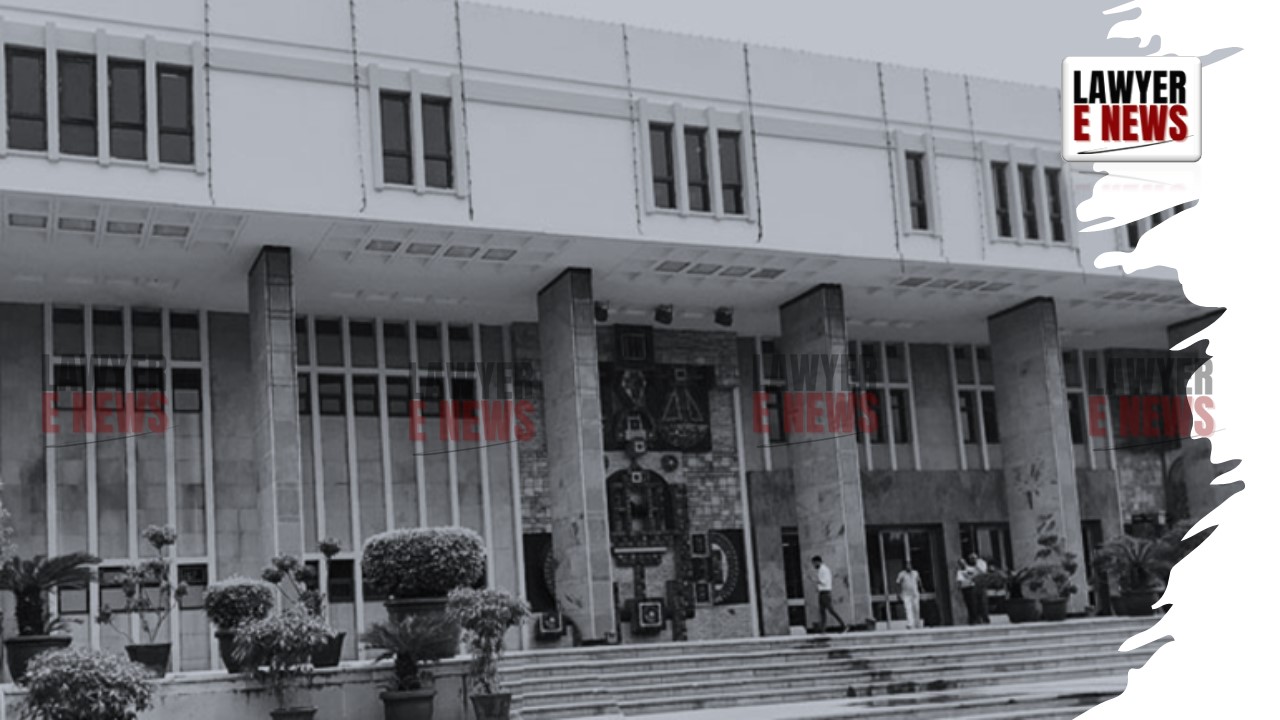-
by Admin
15 February 2026 5:35 AM



“Delhi High Court allows Kirloskar Investment & Finance Ltd. To proceed with decree execution against OAS Apollo Tubes & Steels Ltd., reinforcing creditor protections under Companies Act.”
In a significant ruling on July 29, 2024, the Delhi High Court granted Kirloskar Investment & Finance Ltd. Permission to execute a decree issued by the Madras High Court against OAS Apollo Tubes & Steels Ltd. The judgment, delivered by Justice Chandra Dhari Singh, addresses the legal intricacies of executing decrees in the context of a company’s winding-up process, emphasizing the rights of creditors under the Companies Act, 1956.
Kirloskar Investment & Finance Ltd., a creditor to OAS Apollo Tubes & Steels Ltd., entered into a lease agreement with the debtor in 1993 for a total of Rs. 99,75,000, payable in installments. Following a winding-up order for Apollo Tubes in 1998, Kirloskar pursued legal action to recover the debt, resulting in a favorable decree from the Madras High Court in November 2023. The creditor then sought permission from the Delhi High Court to execute this decree.
The court highlighted the necessity of obtaining permission under Section 446 of the Companies Act, 1956, for pursuing legal proceedings against a company in liquidation. This provision aims to protect the interests of all creditors and ensure orderly distribution of assets. Justice Singh observed, “Even though the petitioner was granted leave to continue with the proceedings before the Madras High Court, execution of the decree requires fresh permission from this Court.”
Justice Singh referenced the Supreme Court ruling in Bansidhar Shankarlal v. Mohd. Ibrahim, which established that once permission to continue a suit is granted, further permission for execution is generally not necessary. However, the unique conditions set by the Delhi High Court in 2004 necessitated the current application.
Addressing concerns from the Official Liquidator (OL) regarding the recedence of unsecured creditors, the court clarified that granting execution rights does not disrupt the established priority of claims. The OL argued that since funds had been disbursed pro-rata to secured creditors and workers, no funds remained for unsecured creditors like Kirloskar. The court acknowledged this but allowed the execution process to proceed, noting that the final determination of fund availability would be addressed in the execution proceedings.
The court reiterated that execution proceedings are a continuation of the suit and should not be hindered if the initial proceedings were permitted. Justice Singh stated, “Staying a favorable decree would render the resources and efforts of the petitioner over the past 20 years a total waste.”
The court emphasized that while the Companies Act mandates leave for suits against a company under liquidation, it does not explicitly require separate leave for execution. This interpretation aims to balance creditor rights with the equitable distribution of a debtor’s assets.
Justice Chandra Dhari Singh remarked, “The need for such permission as sought by the applicant herein arises only due to the order passed by this Court on 6th May, 2004, whereby the applicant was granted leave to continue with the recovery suit.”
The Delhi High Court’s decision underscores the importance of creditor rights within the framework of company liquidation proceedings. By granting Kirloskar Investment & Finance Ltd. The leave to execute the decree, the court has reinforced the legal protections afforded to creditors, ensuring that their efforts to recover debts are not rendered futile by procedural technicalities. This ruling is expected to influence future cases involving creditor claims against companies in liquidation, promoting a more streamlined and fair process.
Date of Decision: July 29, 2024
